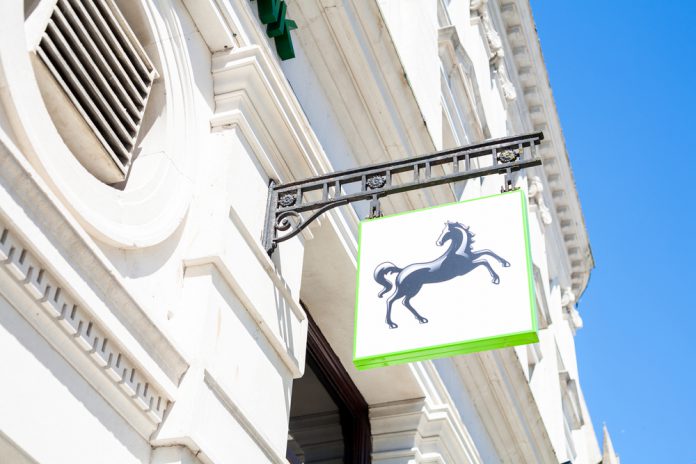Britain has just cut its stake in Lloyds bank (LON:LLOY) to 6.93 percent, in an attempt to return the group to full private ownership.
The bank received a £20.5 billion taxpayer-funded bailout back in the 2007-09 financial crisis, resulting in the state owning 43 percent of the banking group.
UK Financial Investments Limited (UKFI) manages the government’s stake in the bank and resumed share sales in October after having halted them this time last year due to market turbulence.
The UK finance ministry has now recovered over £17.5 billion of the £20.3 billion from the taxpayer that was lent during the financial crisis, once share sales and dividends received are accounted for.
Economic secretary to the Treasury, Simon Kirby, said: “Selling our shares in Lloyds Banking Group and making sure that we get back all the cash taxpayers injected into it during the financial crisis is a key government priority. So I am pleased that we have continued to reduce our stake in Lloyds and have now recovered over £17.5 billion for the taxpayer.”
Current sales are lower than the 73.6 pence paid during the crisis, but Phillip Hammond has said he expects to recover the full amount given to the bank. Lloyds shares are trading at just above 61 pence.
“Today’s announcement shows the further progress made in returning Lloyds Banking Group to full private ownership and enabling the taxpayer to get their money back.” said a spokesperson from Lloyds.
“This reflects the hard work undertaken over the last five years to transform the group into a simple, low-risk and customer-focused bank that is committed to helping Britain prosper.” he added.
While the British government has almost sold off its stake in the Lloyds Banking group, it has yet to sell off any of the 73 percent stake of Royal Bank of Scotland (LON:RBS), which it also bailed out during the financial crisis.

